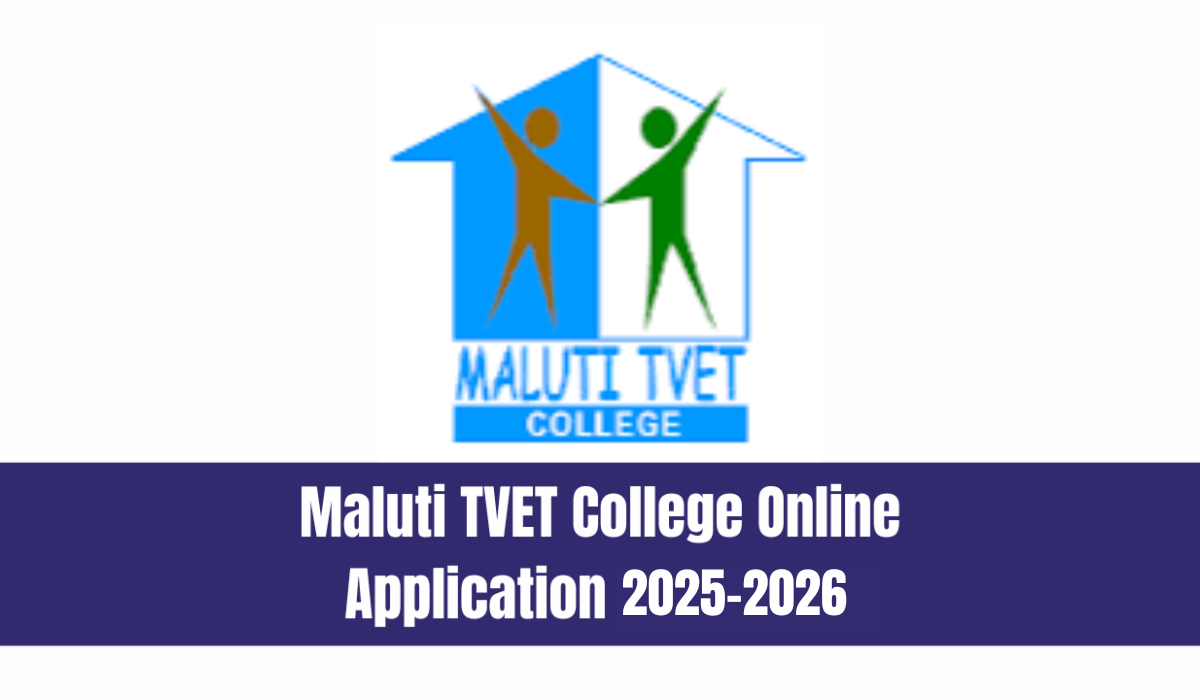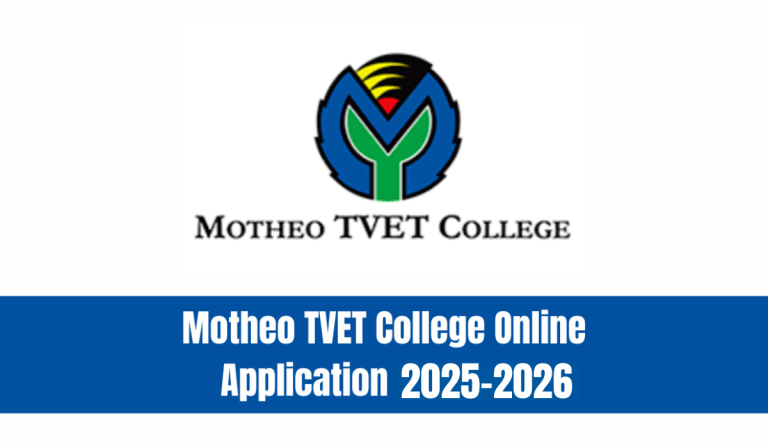Minister For Education Intends To Transform Industries With TVET

Minister For Education Intends To Transform Industries With TVET. The Minister for Education, Dr. Osei Yaw Adutwum, has laid out a bold vision for Technical and Vocational Education and Training (TVET) in Ghana. In a recent address, he emphasized that the 21st Century TVET program is not solely about fostering self-employment or entrepreneurship, as some believe, but is designed to equip industries with a highly skilled workforce to drive economic transformation. This vision, according to the Minister, is pivotal in reshaping the public perception of TVET as a means of creating a highly capable labor force, ready to meet the demands of the private sector.
This article explores the minister’s address, the concerns raised by the TVET Advocacy Group, and how the government plans to implement transformative policies that not only strengthen TVET but also empower industries and individuals alike.
Shifting Public Perception of TVET
For years, many in Ghana have viewed TVET as a pathway primarily for those looking to start small businesses or become self-employed. While entrepreneurship remains an important component of vocational training, Minister Adutwum sought to correct the public misconception that TVET’s sole purpose is to create business owners.
Dr. Adutwum stressed that TVET is about much more than that. “TVET is to train highly skilled individuals who are ready for employment in various sectors,” he remarked. He believes that a workforce equipped with modern technical skills is essential for industries to thrive and grow. By producing highly skilled workers, the program can significantly contribute to economic growth, positioning Ghana as a competitive player in global markets.
Strengthening Industry Ties
A key focus of the Minister’s vision for TVET is creating stronger links between technical education institutions and industries. Dr. Adutwum outlined plans to establish a solid financial support system, enabling private sector companies to easily absorb graduates from TVET institutions. This strategy ensures that businesses can benefit from a skilled workforce, and graduates can smoothly transition from training into full-time employment.
An integral part of this initiative involves organizing job fairs at every technical school, allowing industry players to engage with students directly. The fairs will offer an opportunity for companies to recruit the most competent graduates, even before they complete their studies. Such a move not only provides job opportunities but also builds confidence in the TVET system as a means to secure meaningful employment.
Addressing Concerns Raised by the TVET Advocacy Group
During a recent meeting in Accra, the 12-member TVET Advocacy Group engaged Dr. Adutwum on a series of concerns they believe are critical to the success of the program. These concerns were presented in a position paper, which highlighted gaps in the current technical and vocational education system.
One of the key points raised was the need for an inclusive TVET system that accommodates individuals with disabilities. The group called for reforms to ensure that TVET policies make provisions for persons with disabilities and that special schools are integrated into the new directives.
Additionally, the group stressed the importance of building the capacity of TVET facilitators to handle students with disabilities. This requires tailored training programs to help instructors understand how to teach trainees with varying physical and cognitive needs, ensuring that no one is left behind.
Planned Follow-Up and Stakeholder Engagement
In response to these concerns, Dr. Adutwum assured the group that their points had been noted and addressed. He also promised further engagement, scheduling a follow-up meeting with all relevant stakeholders to provide specific answers to the questions raised.
The Minister emphasized that collaboration with various stakeholders, including educators, industries, and advocacy groups, is crucial to refining the TVET system. The goal is to ensure that TVET not only meets the needs of the economy but also creates opportunities for all Ghanaians, regardless of their abilities.
Solving Unemployment Through TVET
Dr. Adutwum’s plans for TVET go beyond providing technical skills. He envisions TVET as a means to significantly reduce unemployment in the country. To achieve this, the Minister proposed reintroducing the practice of recruiting students from university campuses into companies even before they graduate. Under this policy, qualified TVET graduates will be able to use their first year in industry as part of their national service.
Once these graduates complete their national service, many would be retained by the companies, creating a seamless transition from education to employment. This initiative will be bolstered by the Skills Development Fund, which will provide financial support to both training institutions and private companies that employ TVET graduates.
Emphasizing Internships and International Opportunities
Internships will also become a mandatory component of TVET education under the proposed reforms. By integrating internships into the curriculum, students will gain hands-on experience in their chosen industries, making them more attractive to employers upon graduation.
Additionally, Dr. Adutwum noted that there would be opportunities for TVET graduates to work abroad. Countries such as Germany, which have a high demand for skilled labor, will be among those absorbing Ghanaian TVET graduates, further expanding the opportunities available to them and ensuring that their skills are not wasted.
Focusing on the IT Sector
One area where the Minister sees immense potential for growth is the Information Technology (IT) sector. Dr. Adutwum believes that Ghana has not yet fully harnessed the power of IT within its TVET system. To address this, the Ministry plans to expand its focus on key areas like computer repairs, networking, and other IT-related skills.
The Minister also highlighted the importance of partnering with international certification bodies to ensure that the qualifications acquired by Ghanaian TVET students are recognized globally. This would not only elevate the status of the graduates but also increase their employability in both local and international markets.
Conclusion
The Minister for Education’s vision for transforming Ghana’s industries through TVET represents a significant shift in how technical and vocational education is perceived and implemented. By focusing on creating highly skilled individuals who can contribute to industries, Dr. Adutwum aims to ensure that TVET is seen as a cornerstone of Ghana’s economic development.












